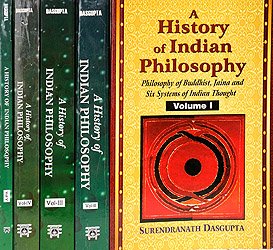

Yoga aims at the final state of spiritual absorption through eights component parts together called Ashtanga Yoga. He authored the Yoga sutras or the aphorisms of Yoga. The Yoga Syatem of Philosophy was founded by Patanjali. The Samkhya Sutras compiled by Kapila were commented on later by lshvara Krishna of the fifth century AD. They accept Pratyaksha or perception, Anumana or inference and Shabda or verbal testimony. The Samkhya system accepts’only three Pramanas or the valid means of acquiring knowledge. The dogmas put forth by Kapila were further expounded by his disciples Asuri and Panchashikha. The Samkhya system laid the firm foundation for the Advaita Vedanta later on. Sage Kapila founded the Samkhya System of Philosophy. The Vaisheshika System recognises seven ‘Padarthas’ or categories which are: substance, quality, action generality, particularity, relation of inherence and non-existence.ĭownload Vedic Period of India Study Materials PDF Vaisheshika System followed the Nyaya System very closely and hence, experts in the study of philosophy ofifen combine the two schools as Nyaya-Vaisheshika. That is why it is called Aulukya Darshana.

The Vaisheshika System of Indian Philosophy was founded by Kanada or uluka. Gautama’s Nyaya System of Philosophy is called by names such as Nyaya Sastra and Tarka Sastra. He was the first philosopher to stress the importance of the valid means of knowledge and hence, the Nyaya system of philosophy ts said to have laid the firm foundation to the development of the Science of Hindu logic. Astika Darshanas realise the significance of verbal testimony or the authority of the Vedas, Gautama, who is also called Akshapada is thought to have lived during the mid-fifth century BC. Nyaya belongs to the category of Astika Darshanas. Gautama is known as the founder of the Nyaya system of philosophy. Thus, the Sanskrit word ‘Shad-Darshna’ refers to the six systems of philosophy’.

Each system of Indian philosophy is called a Darshana.

Each of these systems differs in one way or the other in terms of its concepts, phenomena, laws and dogmas. The Six systems of the Indian Philosophy are Nyaya, Vasiseshika, Samkhya, Yoga, Purva Mimamsa and Uttara Mimamsa. Six Systems of the Indian Philosophy Study Materials


 0 kommentar(er)
0 kommentar(er)
